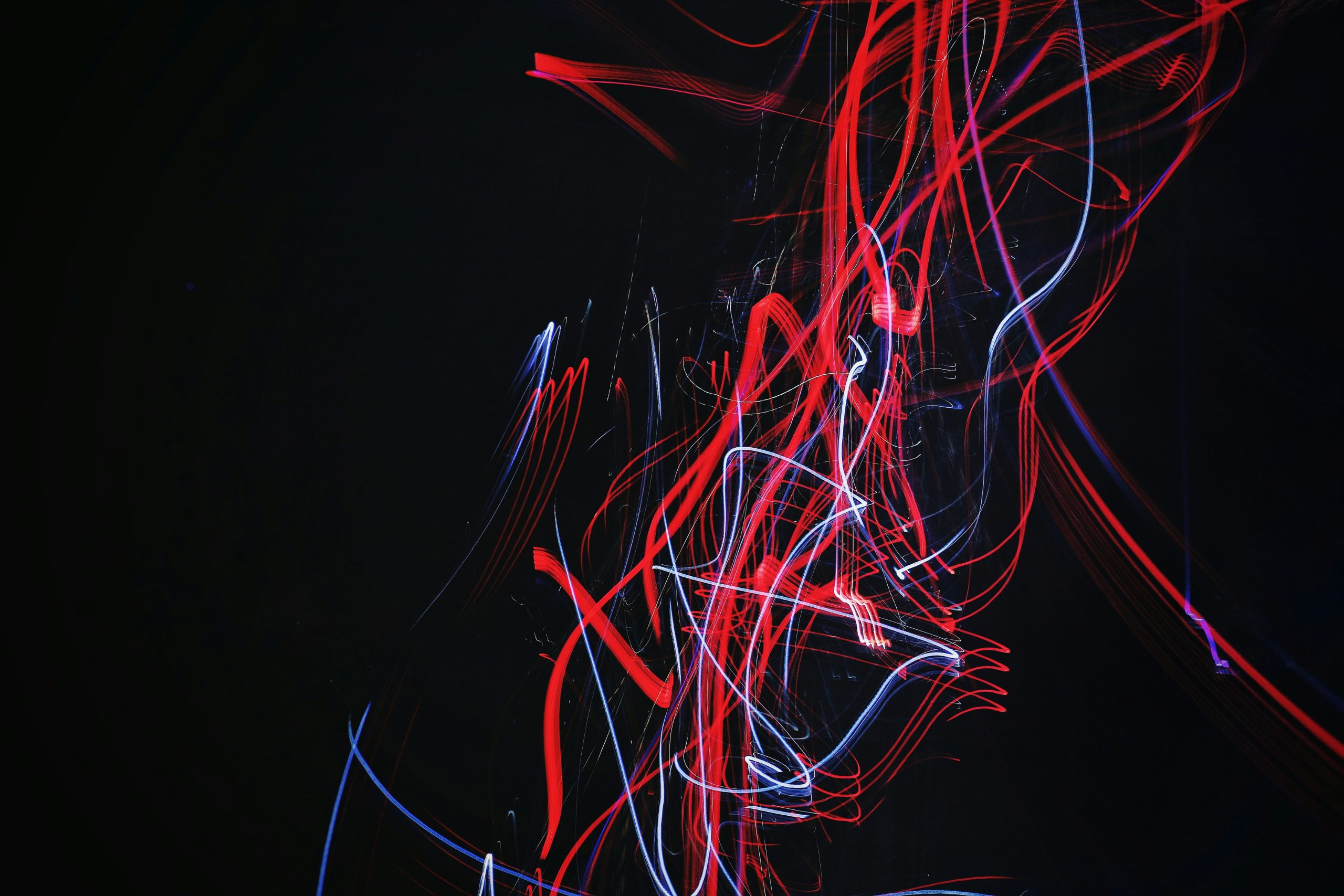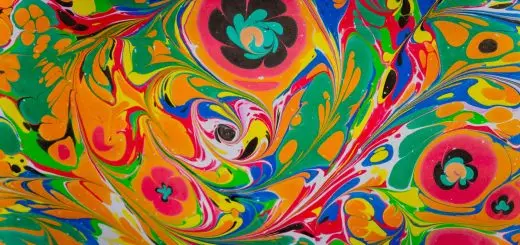The Demiurge: Exploring the Gnostic Concept

Looking for more amazing products? Check out our online store and explore our collection here! Happy shopping!
Before diving in, please note: This post is for informational purposes only. If you’d like to know more about how we approach topics, feel free to check out our friendly Disclaimer Page.
Hey there, amazing readers! 
We’re committed to delivering quality posts, and your support (even just sticking around despite the ads) means everything to us. So, bear with us, and thanks for helping us keep the good vibes rolling. Now, on to the fun stuff!
TRANSLATE BUTTON AT THE END OF THE ARTICLE
A Quick Overview
The concept of the Demiurge in Gnosticism has intrigued scholars, theologians, and philosophers for centuries.
This complex figure is believed to be a subordinate deity responsible for creating the material world, distinct from the ultimate Supreme Being.
In this article, we will delve into the origins, characteristics, roles, and controversies surrounding the Demiurge in Gnostic thought.
We will explore how different sects of Gnosticism interpret the Demiurge, its influence on the material world, and modern perspectives on this enigmatic figure.
Introduction to the Demiurge
The Demiurge, derived from the ancient Greek word meaning "craftsman" or "artisan," is a central concept in Gnostic cosmology.
In Gnostic belief systems, the Demiurge is often portrayed as a lower deity who mistakenly believes himself to be the ultimate creator.
This figure is responsible for forming the physical world and trapping human souls in material bodies.
The Demiurge is viewed as a flawed and ignorant being, distinct from the transcendent Supreme Being.
Origins of the Gnostic Concept
The origins of the Demiurge concept can be traced back to ancient Gnostic texts, such as the Apocryphon of John and the Pistis Sophia.
These texts present a dualistic worldview where the material world is seen as inherently flawed and separate from the spiritual realm.
The Demiurge is depicted as a false god who creates the physical universe out of ignorance and arrogance, leading to the suffering and imprisonment of human souls.
The Demiurge in Gnostic Texts
Gnostic texts often portray the Demiurge as a malevolent or ignorant deity who creates the material world as a flawed imitation of the spiritual realm.
In the Apocryphon of John, the Demiurge is described as a lion-faced creature who creates the physical world in ignorance and arrogance.
Similarly, in the Pistis Sophia, the Demiurge is seen as a blind ruler who mistakenly believes himself to be the ultimate creator.
Characteristics of the Demiurge
The Demiurge is typically characterized as a lower deity who is ignorant of the true nature of existence.
This figure is often depicted as arrogant, deceitful, and malevolent, creating a flawed and chaotic material world.
The Demiurge is believed to be separate from the Supreme Being and is responsible for the suffering and ignorance that pervade the physical universe.
Role of the Demiurge in Gnosticism
In Gnostic cosmology, the Demiurge plays a crucial role in the creation and maintenance of the material world.
This figure is seen as a false god who traps human souls in physical bodies, leading to spiritual ignorance and separation from the divine.
The Demiurge is believed to be responsible for the illusions and suffering that characterize human existence in the material realm.
Views on the Demiurge in Different Gnostic Sects
Different sects of Gnosticism have varying interpretations of the Demiurge.
Some sects view the Demiurge as a malevolent deity who actively works against humanity, while others see the Demiurge as a misguided or ignorant being who creates the material world out of a sense of duty or ignorance.
These differing views reflect the diverse and complex nature of Gnostic thought.
Relation of the Demiurge to the Supreme Being
The relationship between the Demiurge and the Supreme Being is a central theme in Gnostic cosmology.
While the Demiurge is often portrayed as a lower deity who is ignorant of the true nature of existence, the Supreme Being is seen as the ultimate source of divine wisdom and light.
The Demiurge is believed to be subordinate to the Supreme Being, creating the material world under the guidance of the transcendent divine.
Influence of the Demiurge on the Material World
The Demiurge’s influence on the material world is believed to be pervasive and profound.
In Gnostic thought, the physical universe is seen as a flawed and imperfect creation, characterized by suffering, ignorance, and illusion.
The Demiurge is responsible for creating this world and trapping human souls in a cycle of reincarnation and spiritual ignorance.
Controversies Surrounding the Demiurge
The concept of the Demiurge has sparked much debate and controversy both within and outside of Gnostic circles.
Some critics argue that the Demiurge is a negative and dualistic concept that undermines the goodness of creation, while others see the Demiurge as a necessary figure in understanding the nature of evil and suffering in the world.
The complexities of the Demiurge concept continue to be a topic of scholarly inquiry and philosophical debate.
Modern Interpretations of the Demiurge
In modern times, the concept of the Demiurge has been reinterpreted and reimagined in various ways.
Some contemporary thinkers see the Demiurge as a symbol of human creativity and the power of creation, while others view the Demiurge as a metaphor for the limitations of human knowledge and understanding.
These diverse interpretations reflect the ongoing relevance and complexity of the Demiurge concept in contemporary thought.
Criticisms of the Demiurge Concept
Critics of the Demiurge concept argue that it promotes a negative view of the material world and undermines the goodness of creation.
Some theologians and philosophers see the Demiurge as a dualistic and outdated concept that reinforces a sense of spiritual hierarchy and separation.
These criticisms highlight the challenges and controversies surrounding the Demiurge in modern religious and philosophical discourse.
Conclusion: Relevance of the Demiurge Today
In conclusion, the concept of the Demiurge in Gnosticism continues to be a source of fascination and debate in contemporary religious and philosophical thought.
The Demiurge represents a complex and enigmatic figure who embodies the limitations and challenges of human existence in the material world.
While interpretations of the Demiurge may vary, its enduring relevance lies in its ability to provoke deep reflection on the nature of creation, suffering, and spiritual enlightenment.
As we navigate the complexities of the modern world, the Demiurge remains a symbol of the ever-evolving quest for meaning and understanding in the face of existential mysteries.

The Enlightenment Journey is a remarkable collection of writings authored by a distinguished group of experts in the fields of spirituality, new age, and esoteric knowledge.
This anthology features a diverse assembly of well-experienced authors who bring their profound insights and credible perspectives to the forefront.
Each contributor possesses a wealth of knowledge and wisdom, making them authorities in their respective domains.
Together, they offer readers a transformative journey into the realms of spiritual growth, self-discovery, and esoteric enlightenment.
The Enlightenment Journey is a testament to the collective expertise of these luminaries, providing readers with a rich tapestry of ideas and information to illuminate their spiritual path.
Our Diverse Expertise
While our primary focus is on spirituality and esotericism, we are equally passionate about exploring a wide range of other topics and niches 

To ensure we provide the most accurate and valuable insights, we collaborate with trusted experts in their respective domains 
Our blog originally focused on spirituality and metaphysics, but we’ve since expanded to cover a wide range of niches. Don’t worry—we continue to publish a lot of articles on spirituality! Frequently visit our blog to explore our diverse content and stay tuned for more insightful reads.
Hey there, amazing reader! 
Check out our store here and take a peek at some of our featured products below! Thanks for being awesome!











